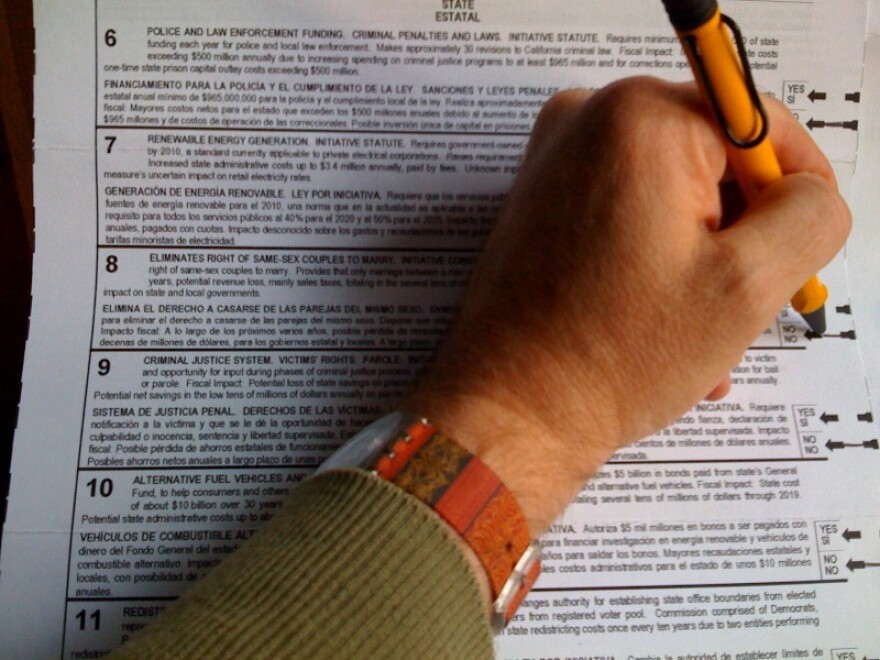The 2020 election is still over a year away, but some of the initiatives that could appear on the ballot are already taking shape.
The Idaho Attorney General’s Office has signed off on several proposals that would boost the minimum wage in the Gem State. Currently, Idaho is one of just a dozen states that holds to the federal minimum wage of $7.25 an hour.
“I think there is a view that, because Medicaid expansion passed, it’s possible to do this,” says College of Idaho professor of political economy Jasper LiCalzi.
One minimum wage proposal would boost it over several years to $12 an hour by 2024. At that point, it would be tied to the consumer price index and based on the cost of living. Another version would let cities and counties set higher minimum wages than the state.
There’s a possibility medical marijuana could also appear on the ballot.
“Idahoans have a bit of an independent streak – that government shouldn’t be involved in your life so you should be able to make these decisions – some of that may push it through,” LiCalzi says. “But then you have the more moral conservatives who would be against it even for medical reasons.”
A deputy attorney general says the proposal is vague and could face legal challenges. Voters in 33 states and the District of Columbia have approved cannabis for medical purposes.
For more local news, follow the KBSX newsroom on Twitter @KBSX915
Copyright 2019 Boise State Public Radio


